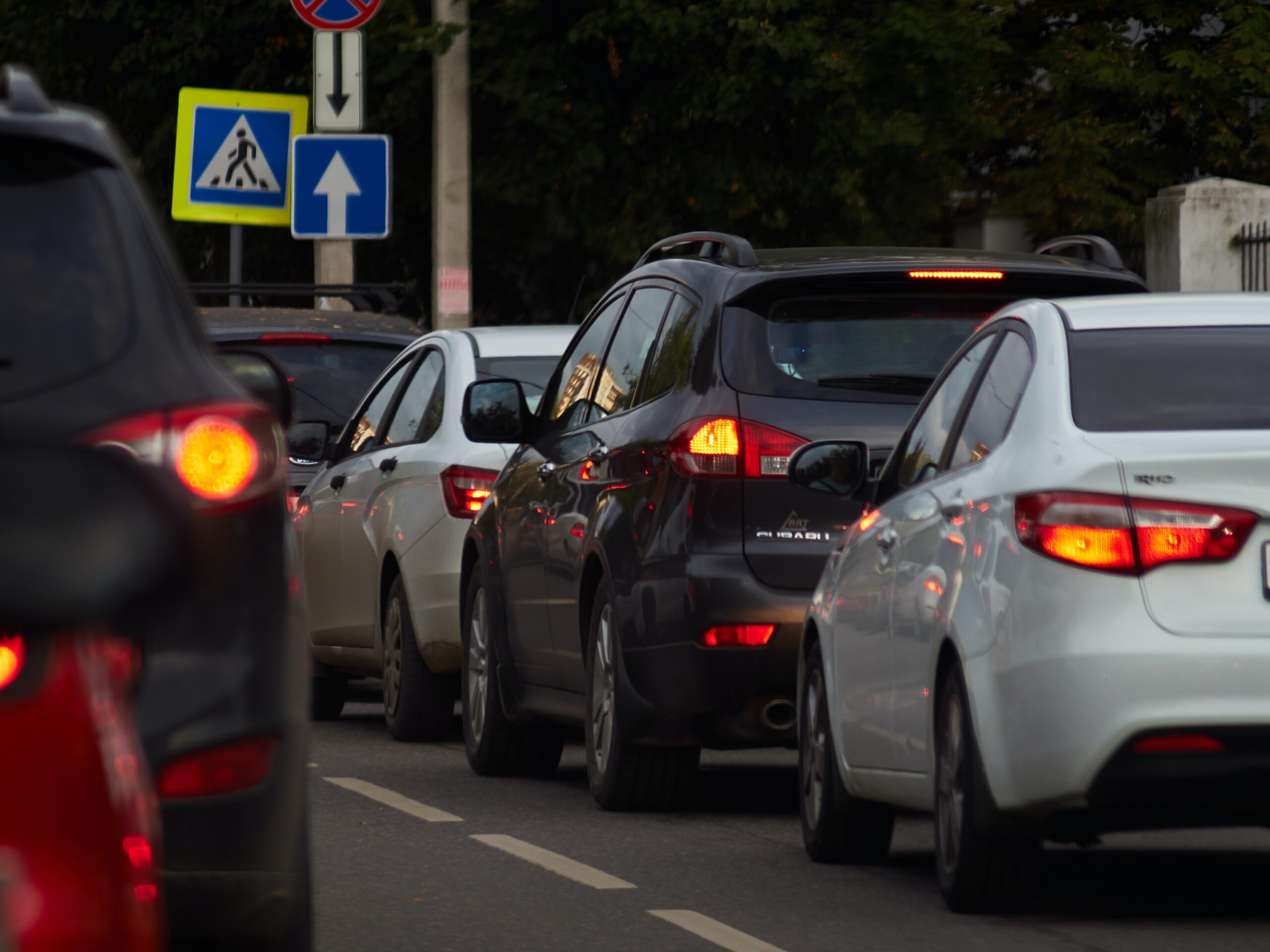This year and last have been a challenging period for motor insurers in the UK and beyond. EY’s latest UK Motor Insurance Results show a sharp decline in revenues in 2022, as motor insurers grappled with the impact of surging inflation and long delays.
That decline looks set to continue this year. Pandemic-induced period of profitability has come to an end, as car usage and claim volumes rebound. Insurers are now facing shortages of materials and labour, plus rising energy prices. The result is long waits for claimants, mounting costs and potential premium price rises.
- In 2022, UK motor insurers saw a loss-making Net Combined Ratio (NCR) of 109.5%. This was driven by high inflation and lagging premium increases
- 2023’s NCR is expected to be 108.5%, due to inflation and an increase in damage claims
- There was a 16% jump in premiums expected over 2023 (£74 per policy)
- Source: EY
We investigated what’s causing these issues.
Broadly speaking, shortages of parts and labour are slowing down the resolution of claims and driving up prices. Claims related to electric vehicles are particularly affected. Meanwhile, claims are becoming more complex, as customers bundle claims to keep monthly premiums down, and the technology within cars grows more advanced.
It’s becoming more common for indefinite repair delays to force insurers to write off vehicles, according to the National Body Repair Association, causing prices to rise further.
Read more: What does the future hold for motor insurers?
Parts
There is a scarcity of manufactured body parts and raw materials.
Lockdowns in China and the Middle East disrupted supply. Ukraine played a critical role in semiconductor manufacturing. The war there further contributed to supply chain disruptions. In the UK, Brexit-related delivery delays have impacted repair timelines and costs.
Supplies of catalytic converters have dropped so low that when they are stolen, the car is often immediately written off.
Rising energy costs have made production and transportation more expensive.
Skills shortages
Vehicles are equipped with growing numbers of advanced components and sensors. Damages to intricate systems like radars, lasers, and electric vehicle batteries necessitate specialised repair skills, leading to higher costs.
However, a Europe-wide shortage of mechanics and heavy goods vehicle (HGV) drivers is slowing installation and transportation.
The shortage of skilled labour is caused by various factors, including reduced EU immigration, increased living costs, an ageing population, and the lingering impact of the pandemic.
The average delay to book cars in for repairs is five weeks longer than the pre-pandemic period, according to the National Body Repair Association.
Electric vehicles
There is a lack of engineers able to work with electric vehicles. Currently, only 6.5 percent of the motor mechanic workforce is qualified to handle electric vehicles. Repairs, particularly if there is damage to the battery or key components, can take months.
This is caused by several factors, including the limited skill set in the repair network for EVs and the availability of components required for repairs. Moreover, due to their new and advanced nature, EVs pose greater hazards during repair work, making the process slower and more intricate.
Council budgets
Deterioration in road quality has become more common due to the withdrawal of council maintenance during the COVID-19 pandemic and the associated budget constraints. There are more potholes on the roads damaging cars. Councils are often unwilling to accept any for viability for such claims, but the damage isn’t always covered by first-party insurance, which the claims handlers have to explain to customers.
Courtesy cars
These delays have also created a shortage of courtesy cars. As a result, the insurer may need to bear the expenses of hiring replacement vehicles for extended periods, which can lead to considerable costs and time delays. Courtesy car costs to repairers are increasing by around 30%, according to the ABI.
Unrelated claims
It is becoming more common for claimants to try to include unrelated incidents when filing claims. This behaviour may be driven by financial considerations, such as bunching up excesses to reduce monthly premiums. When a more severe accident occurs, claimants may attempt to include previously unrelated damages, which can pose challenges for claims handlers.
Some claimants try to include issues related to their vehicle’s MOT history, necessitating further investigation by the claims handler. As a result, claims handlers need to spend more time thoroughly assessing the validity of claims and verifying their connection to the reported accidents.
Read more: How Sprout.ai can help you unlock the potential of your claims department in 2024
Evolving policies
As car-sharing services and bike rental schemes become attractive alternatives to traditional vehicle ownership, vehicle owners are seeking greater flexibility from their insurers. There is a growing demand for policies that cover all forms of mobility.
While the traditional 12-month insurance policy has been the norm, many drivers now want the option to purchase insurance for shorter periods, ranging from a few days to just a few hours.
In response to these shifting preferences, insurance products that offer pay-as-you-go options, such as insurance based on the number of miles driven or the driver’s behaviour, are likely to gain popularity.
Sprout.ai helps insurers reduce internal delays
While many causes of delays are beyond insurers’ remit, Sprout.ai can help reduce internal delays and bring costs down.
Read more: How insurers can select the right claims for automation
Our AI-powered technology helps increase productivity across the entire claims journey, so insurers can increase their operational efficiency where they can. From data entry and processing, to policy checking, to offering a resolution, Sprout.ai can complete the time-consuming manual tasks in minutes, so claims handlers can focus on customers.
Furthermore, fraud and human error can be reduced with automation. Personal auto insurance leakage comes to $29 billion each year, according to Verisk.
To learn more, book a call with a member of the team.

